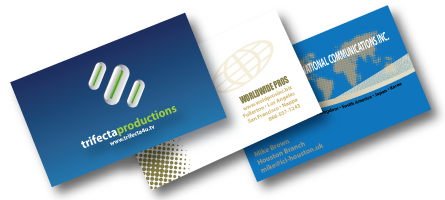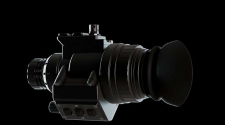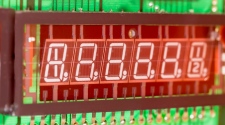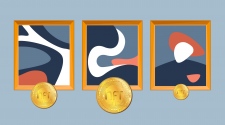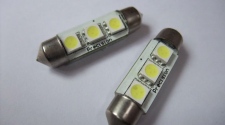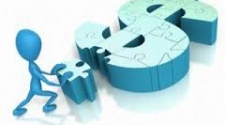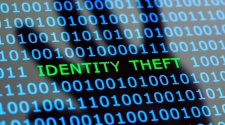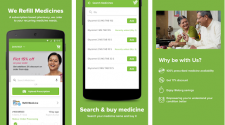We might live in the age of all (or almost all) things digital, but you might be surprised how important printed materials still are when it comes to a host of documents and business practices. Being connected digitally is of course a necessity, but print still has a place in the greater scheme of things.
No One Can Really Escape Printed Materials
Artists hoping to get a job in graphic design cannot assume that they can just arrive at an interview with a PDF or PowerPoint presentation version of their portfolio sitting on their tablets. They must make the effort to print out a formal printed copy of their portfolio, as professional and striking as possible. Even though all job candidates can and must usually send digital copies of their CV as part of online job applications, they can expect to see a printed copy of their submitted work history being held by the interviewer, if they are chosen to come in for an interview.
It isn’t just in the Western world, either, where print still rules. In places such as South Korea and Japan, some of the most technologically advanced societies around, one thing to be expected at almost every business meeting – or meeting between businessmen, not always the same thing – is an exchange of business cards, or “name cards.” The people could, just as easily, exchange mobile phone numbers or add each other on LinkedIn or Facebook. Still, the practice of exchanging business cards endures, remaining strong even though they seem downright ancient in comparison with a friend request or a missed call between new acquaintances.
They Survive and Thrive, But Why?
Why do printed materials, traditions and, yes, requirements endure despite all of the technological advances we’ve made over the past twenty or thirty years? One reason is that old habits tend to die hard. Even when we can watch dozens of movies online for one monthly fixed price, the vast majority of people still prefer an evening outing at the cinema. For all of the popularity of eBooks, nothing quite beats feeling and smelling the pages of real book, the satisfaction of folding a page over, or running your fingers along the spines of the dozens of times found at a bookstore.
Another reason is that not all companies and businesses are as caught up with the twenty-first century and its advances as you’d expect. This doesn’t necessarily make them backward. In fact, it often represents a choice they’ve made. Yes, by all means, send that digital copy of your CV in to human resources. If you stop and consider all of the digital documents a company must deal with on a daily basis, though, the presence of that hard copy during the interview makes sense. Printing out that CV gives the interviewer something to see, and refer to, quite easily.
If you think back to that earlier observation about the Asian countries of Japan and South Korea, and their business and name card cultures, consider how many people the average sales employee or high-ranking executive of a major Asian conglomerate might meet in a single day. Is it really realistic for them to have their mobile phone out, asking every other person for their name and number? Not especially. In fact, that might be taken as extremely bad form. On the other hand, the exchange of business cards takes mere seconds, and allows the businessmen to familiarise themselves with new acquaintances later on.
Today, business card printing services are still doing brisk business even though you could, simply, send someone an SMS with your contact details and leave it at that. Your business card printing options are legion. You can go to those offering on-site printing services, such as the warehouse of Brunel One in Bristol, and take advantage of personal service and care. Or, you can leave it to the many other available online printing services. Needless to say, the digital age has not exactly resulted in the extinction of the printed document mistake, so make sure you have a way to proofread your order before it is finalized.
While the on-site printers can show you the type of paper they will print your business cards on, the online printers can usually only make a claim as to which kind of paper they’ll use and what the quality of it will be. Whichever option you go with, keep in mind that mistakes do happen, and you might have to pay more online to get replacements. Depending on how many business cards you want printed, you could end up paying anything from £9 to £19 for a few hundred. This is where the online option might seem the most tempting, since as with eBooks and digital magazines, what you order online usually comes with a discount over the printed kind.
Do not forget, though, that the mix of digital and printed mediums has resulted in a great advantage for the consumer, in that some on-site print shops often enable their customers to upload the designs of their business cards prior to coming into the store to pick them up. You have the reassurance of being able to pick your design, and then can drive down the road to see for yourself what you’ve dreamed up. What’s more, these printers will sometimes offer discounts for those who order online and pick up in-store, beating the online print shops at their own game.
Business Cards Pass the Endurance Test
Business cards, made of materials that can be bent, ripped, and soaked into weakness, are going to be around for the foreseeable future. As with real books, real business cards have a tactile advantage and charm that digital versions decidedly lack. You never know when you might need a real business card. While the chances of running into a South Korean CEO are slim to none, many restaurants and pubs will offer specials and raffles for those who submit their business cards into a glass bowl. There really is something sublime about the idea that in an age when we can send a message across the world in seconds, business cards still have a place.


